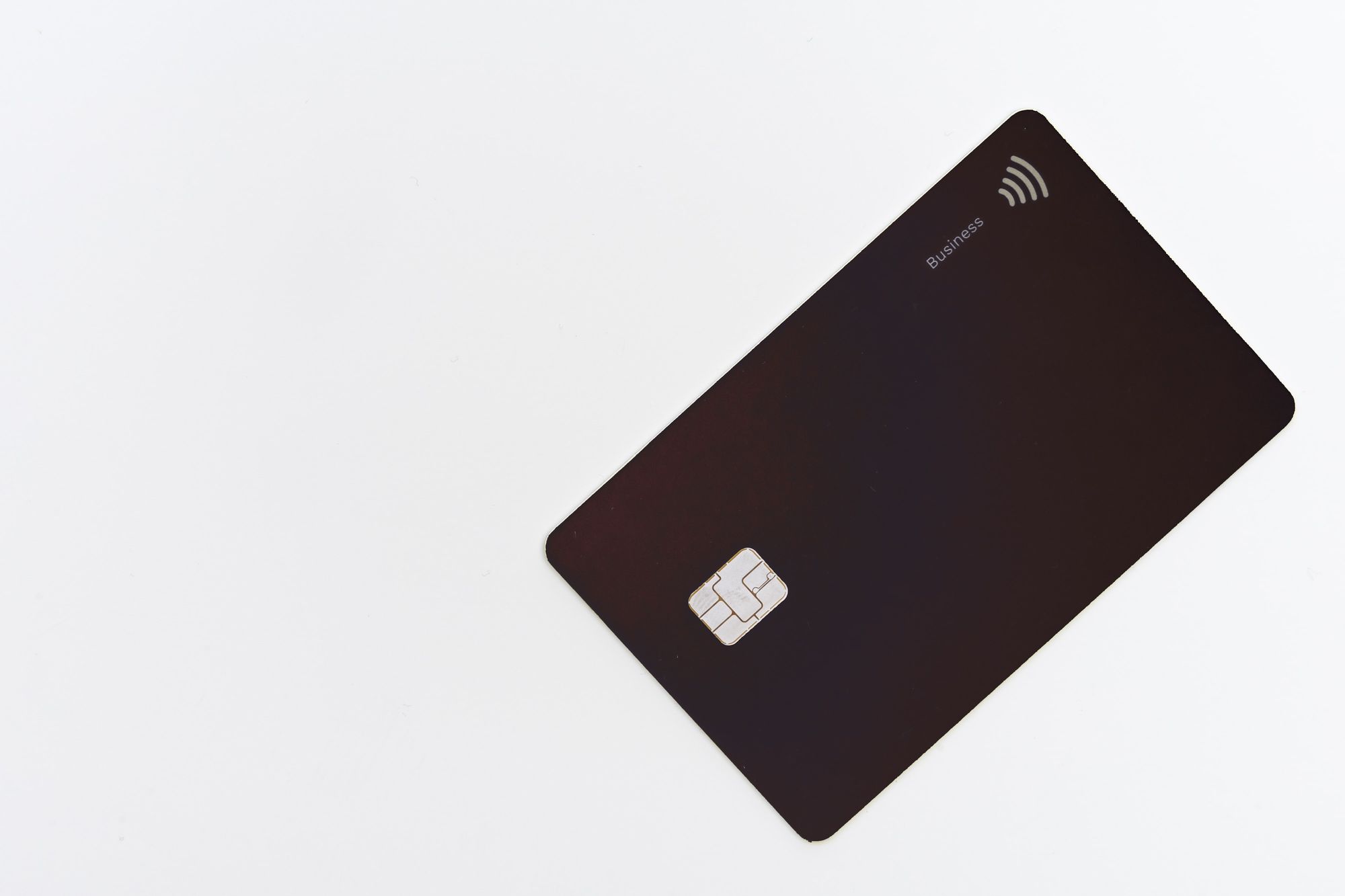Quickbooks Integration - Be Flexible or Pay the Price by Tony Shap, CPP

Be Flexible or Pay the Price
Options. Consumers demand them, and businesses that don’t provide them can suffer competitive disadvantages, diminished sales, and even damaged reputations. Yet with a little flexibility, most companies can accommodate the alternatives that consumers seek.
Consumers Want Choices
First, let’s take a look at some of the reasons consumers want more than one choice when they engage with you.
- It gives them a sense of control.
- It recognizes that their circumstances may differ from others and makes it easier to do business with you than with your competitors.
- It allows them to alter their choices as their lives and budgets change over time.
- It makes them feel welcome and demonstrates that “you’re more than a number to us.”
In line with this, consumers also like companies that are flexible enough to make minor exceptions for them. This is the ultimate way to personalize or deepen a seller-customer relationship. It makes consumers feel recognized as “real” individuals, and it humanizes the business in their eyes. That makes it much more difficult for a competitor to woo a customer away.
Some examples of these minor exceptions are staying open a few minutes later to help a good customer at the end of the day, and allowing another customer a few extra days to pay their bill or complete a return when they’ve been out of town or ill. Or, it could be throwing in an additional service for free to make up for an earlier problem. These gestures show consideration and flexibility, giving customers a little elbow room in their relationship with the company.
When your business adopts flexibility in its practices, policies, and approach to its customers, it is in a much better position to expand its customer base.

Having only one option
is not an option. It’s a wall.
How Businesses Benefit from Offering Options
The concept of choice and flexibility has benefits for businesses, too.
Businesses that routinely look for moments to bring options and flexibility to their customers do better and become known for their service rather than their rules.
This principle helps grow your customer base, whether you’re a B2C or B2B marketer, because just as no two consumers are alike, neither are any two businesses. Both types are inclined to remain loyal to companies that offer them the options they need.
And these days, technology makes it easier than ever to provide those options. Businesses often don’t need to hire more people to offer their customers better choices. Many of those choices can be provided online in a 24/7, self-serve model.
Also, options reduce churn. When a business makes it easy for customers to find options that suit their specific needs, it reduces their likelihood of leaving. We all know why that’s important — there’s much more economic efficiency in keeping an existing customer than finding a replacement.
Options help businesses get “unstuck”
from their same old boundaries.
How We Help Businesses Create Options
We think about options a lot at Quantum, where we continuously innovate to bring new choices to businesses. For example, some of our programs help companies take mobile payments more efficiently, while others help retailers better serve their cash customers.
Most recently, we’ve introduced a program for businesses that use QuickBooks. As you probably know, when a business uses QuickBooks (as many do), they can process their payments through QuickBooks’ parent company, Intuit. But you may not know that companies can reliably save money and accommodate more payment scenarios by including a second payment processor that aligns with their QuickBooks system.
Why would a business want that option? Every growing business encounters an increasing list of payment preferences among its expanding customer base, and a second payment processor can handle many of those preferences at a lower cost. Also, companies with branches or representatives in the field often find it’s easier and less expensive to accept an on-the-spot payment over our mobile payment systems than through Intuit’s payment system -- even if that same company still processes all their in-store payments via Intuit.
Because fees are lower, our companion payment system can help in other circumstances, too. For instance, if a business relies on regular monthly payments from its customers, as it might for memberships or routine monthly service, it makes sense to reduce the fees associated with collecting those payment every month. Over the course of a year, those savings can add up.
Wrapping Up
There are many scenarios where a second option to any existing system makes sense. By introducing more alternatives into its toolbox, a company makes it easier to offer meaningful choices to its customers. Always keeping one eye open to new options is a practice that can help a business provide better choices to its customers at a lower cost. Or put another way, options matter in competitive times!
[Author’s box]
Tony Shap, Quantum’s Payment Technology Officer, has spent more than a decade as an electronic payment expert, helping businesses of all sizes grow by using automated payment systems to accelerate their financial success.